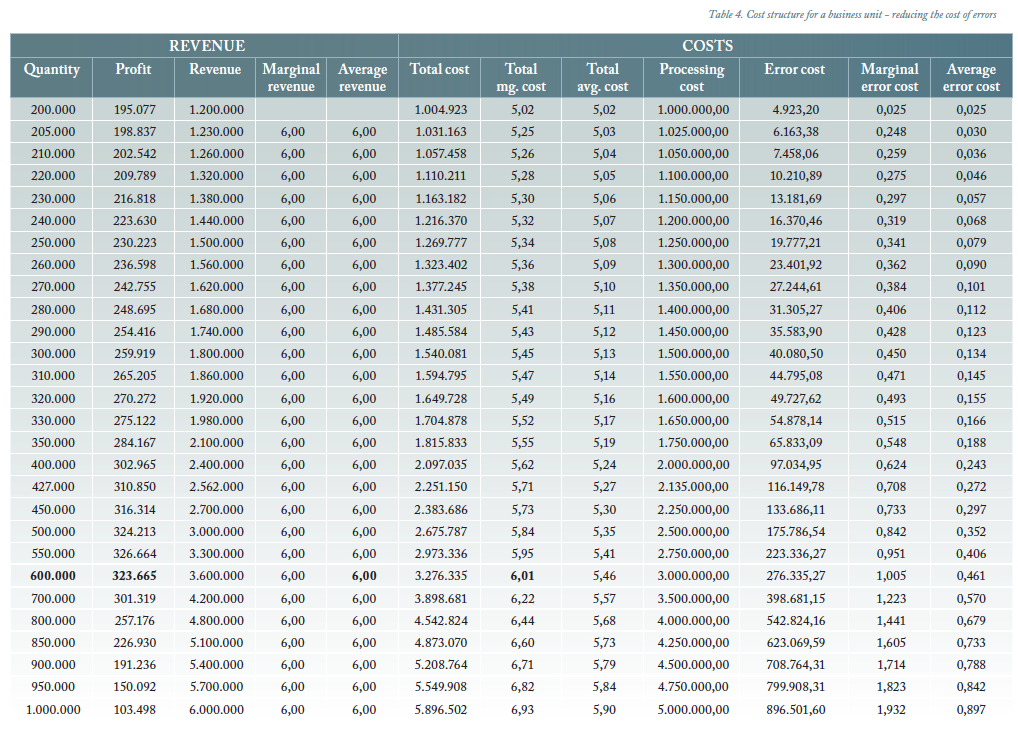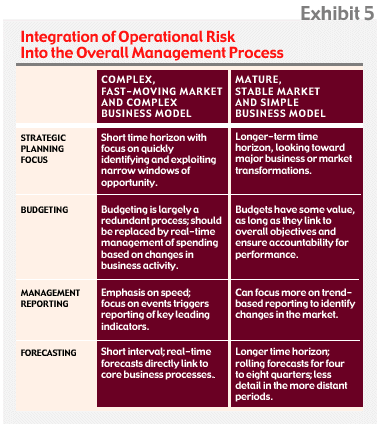The Top Ten Operational Risks
Post on: 4 Июль, 2015 No Comment

Strategic, operational & IT consulting to investment managers and hedge funds
A SURVIVAL GUIDE
FOR INVESTMENT MANAGEMENT FIRMS
AND HEDGE FUNDS
More than ever before, institutional investors and their consultants are probing investment management firms risk management policies and procedures. Beyond market, credit and liquidity risk, their concern extends to investment managers back- and middle-office functions. For example, investors and consultants are asking:
Is the firm managed and staffed by qualified people?
Are workflows properly documented and consistently followed?
Are employees cross-trained to handle one anothers jobs?
Does the firm keep track of collateral in the hands of prime brokers?
How does the firm plan ahead for changes in the regulatory and competitive environment?
In the aftermath of the global financial crisis, clients and prospects want to know the answers to these and many other questions. And they will not entrust assets to organizations whose day-to-day operations are chaotic or whose long-term business prospects are doubtful.
In worst-case scenarios, an investment firms failure to identify and mitigate operational risk can result in significant direct costs and a devastating loss of reputation, write Holly H. Miller and Philip Lawton. It may take years to reassure investors, regulators and trading partners that the firm is well-managed. Internationally known as dynamic speakers and engaging writers, the authors of The Top Ten Operational Risks draw upon their extensive practical experience to offer clear, compelling andabove alluseful advice about how to recognize and lessen the risk of loss due to inadequate internal processes, people and systems or external events.
What This Book Covers
Starting with complacency on the part of senior management, each of this books central chapters addresses one of the ways in which investment management firms may be exposed to unwelcome surprises. There are succinct, readable essays on staffing, training and the special attention due hand-offs among individuals, teams, systems and external service providers. Other chapters focus on technology, workflows and aspects of the segregation of duties that are especially significant in the investment management industry, such as observing the distinction between the firm and the funds it manages. The authors additionally bring their experience to bear on reconciliation gaps, the importance of knowing the firms counterparties and the regulatory regimes to which they are answerable, and the challenges of effective strategic planning in a rapidly changing marketplace.
Who Should Read It
At investment management firms and hedge funds, C-level executives and middle managers in sales and marketing, client and consultant relations, compliance, human resources and internal audit will find The Top Ten Operational Risks compelling. Their colleagues in risk management and investment operations will find it indispensable. As Milton Ezrati writes in the foreword, The investment of an hour or two will offer managers numerous ways to improve their firm and their client service and, critically, a means to guard against rather large, unexpected expenses. Securities regulators, institutional investors, family offices and high-net-worth investors will also gain valuable insight into hidden risks in the global investment management industry.
Investment operations can be complex, and yet the back office is often overlooked. The authors explain the risks and provide clear guidance for best practices.
Bill Bogle. Partner and Chief Compliance Officer, NEPC LLC
In the wake of the global financial crisis, asset management firms are paying more attention, not only to investment risk management, but also to oversight of the operational risks that come with day-to-day activities like portfolio valuation. Stone House Consultings book contains timely and thought-provoking essays of current interest to operations and technology managers.
Bruce J. Feibel. CFA, Managing Director, BNY Mellon
Readers will appreciate the pragmatic, forward-looking approach adopted in this book. When discussing issues like automation, outsourcing or accounting that practitioners encounter in their daily work, the authors aim is always to show how risk tools may prevent problems from occurring.
Jacques Gagn. CFA, CIPM, FSA, asset and risk manager, Qubec
Anyone working in a managerial or supervisory capacity in the investment industry would do well to secure a copy of Stone House Consultings book on operational risk. The writing is concise, the content is relevant, and the guidance is realistic. You will have immediate take-away value.
Sandra Hahn-Colbert. CFA, Managing Director and Director, Performance, Risk & Operations, OShaughnessy Asset Management
All the hard work of finding good investment ideas can be undermined by not having appropriate operational support. This collection of essays goes a long way toward identifying potential pitfalls and offering practical solutions for avoiding them.
Todd P. Lowe. CFA, President, Parthenon LLC
The Top Ten Operational Risks is a must-read for Chief Compliance Officers. Substitute compliance for operations and you have an outline of how build a proactive compliance program designed to consistently and effectively prevent, detect, and correct compliance problems, while efficiently utilizing your firms resources.

Bart McDonald. Executive Vice President and Chief Operating Officer, Renaissance Regulatory Services, Inc.
Here’s a checklist of sound operational practiceswritten in plain English. Use it!
Alan M. Meder. CFA, Chief Risk Officer, Duff & Phelps Investment Management Co.
I began my career as an equity assistant and learned the business from the bottom up; for those who were privileged to start out at the top of the process as portfolio managers, these papers should be required reading. The Top Ten Operational Risks is a book I want in my office, yesterday, and Ill get additional copies for other members of the firm.
Janet T. Miller. CFA, Partner, Rowland & Company
When many investors think about risk, they worry that the assets theyve bought could go down in value. But thats a risk with an upsideyou have to take that risk to make money. Investors must work even more carefully to avoid taking risks that have no upside, which Holly Miller and Philip Lawton categorize as operational risks. Far more firms have been sunk by easily avoidable operational risks than by fluctuations in asset values. These sinkings are a completely unnecessary tragedy. Read Ms. Miller and Mr. Lawtons volume to learn how to avoid them.
Laurence B. Siegel. Research Director, The Research Foundation of CFA Institute
Research shows that operational risk is more significant than financial risk in explaining fund failure. This book will tell you how to keep the operational gears grit-free and turning smoothly.
Rodney N. Sullivan. CFA, Editor of the Financial Analysts Journal and Head of Publications at CFA Institute
I really like the authors straightforward, no-nonsense approach to dealing with operational risks. This is a book that I will share with the leaders of our organization.
Cinda Whitten. CIPM, Director — Investment Operations, Principal Global Investors
articles.stonehouseconsulting.com. Ms. Miller lives in a 325-year-old stone house in Thornton, PA with her Labrador retrievers, Cromwell and Essex.
Philip Lawton, CFA, CMA, CIPM, joined Stone House Consulting, LLC in 2010 as a partner. Mr. Lawton was the founding head of the Certificate in Investment Performance Measurement (CIPM) program at CFA Institute. His previous experience includes working as an investment professional at State Street Investment Analytics, Deutsche Bank, Citibank and The Travelers and as a corporate cash manager at Aetna Life & Casualty. Mr. Lawton earned a doctorate in philosophy in the French-speaking section of The Catholic University of Louvain, Belgium, and an MBA degree at Northeastern University. His books and articles in philosophy have been published by Harper & Row, Philosophy Today, Het Tijdschrift voor Filosofie, Philosophy Research Archives, University Press of America, Philosophy & Theology, and International Studies in the Philosophy of Science. Mr. Lawton is also the co-editor of Investment Performance Measurement: Evaluating and Presenting Results (Wiley, 2009) and the author or co-author of articles published by CFA Institute, Performance Measurement and Client Reporting Review and The Journal of Wealth Management. He lives in Keswick, VA with his wife, Dena Lange, and their dog, Nora.














